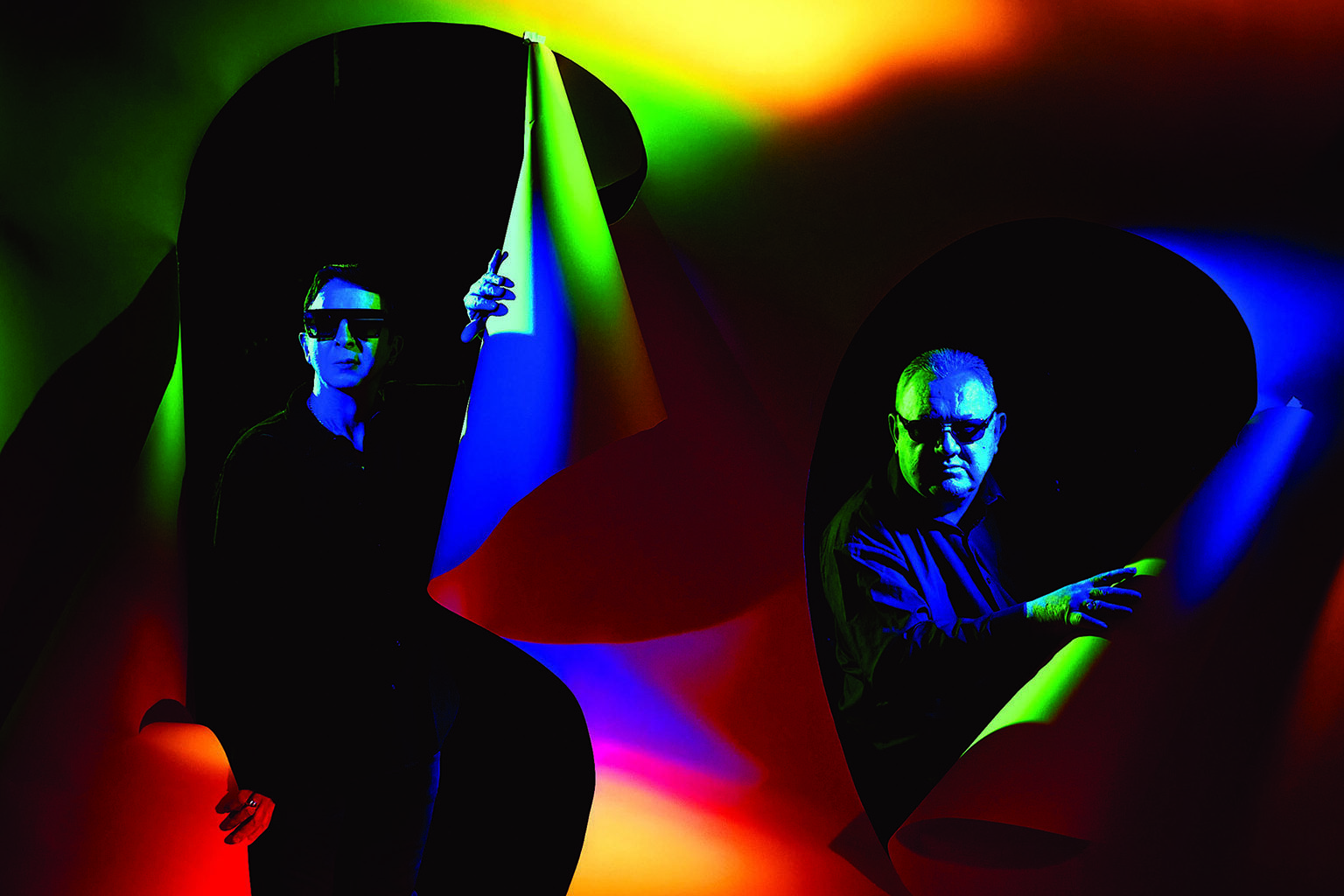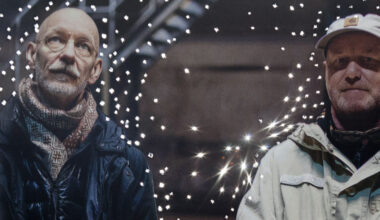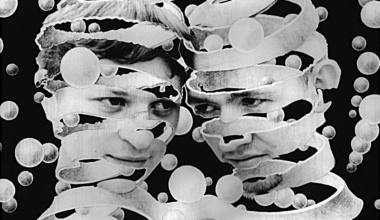With ‘Non-Stop Erotic Cabaret’, their hugely influential 1981 debut album, Soft Cell brought sleazy lyrics and shady but infectious synth anthems to the mainstream. Marc Almond and Dave Ball reflect on art-school aesthetics, punk electronics, and the controversies that fuelled their speedy rise
Want to read more?
Sign up to Electronic Sound Premium to gain access to every post, video, special offers, and more. 100%, all you can eat, no commitment, cancel any time.
Already a premium member? Log in here






